When Jermaine Francis started taking pictures for his anti-homelessness project, The Invisibles, he feared that he may have been contributing to the problem that years of Tory policy — together with decades of cruel sociocultural reinforcement — had made so much worse. “I worried that photographing the tents was dehumanising people, just turning them back into objects,” the London-based artist wrote for us in 2019, as he presented a selection of these images in i-D. “But actually we are the ones who make homeless people into objects.”
Three years later, Jermaine’s efforts to expose the scale of Britain’s homelessness epidemic can be found outside the pages of i-D, in The Art of Protest — a new book from publishers gestalten. Focusing on the intersection between art, politics, and activism today, the book looks to spotlight work by contemporary artists that brings a critical lens to a wide range of pressing global issues: criticism of authoritarian regimes and commentary on sustainability, climate change, and immigration recur throughout the text.
“The image of the tent acts as a metaphor for the failure in society to protect our most vulnerable,” Jermaine told gestalten editor Francesca Gavin, adding that its visual repetition across the work “articulates this act of psychological desensitization and our act of complicity in rendering the homeless invisible from contemporary society.”
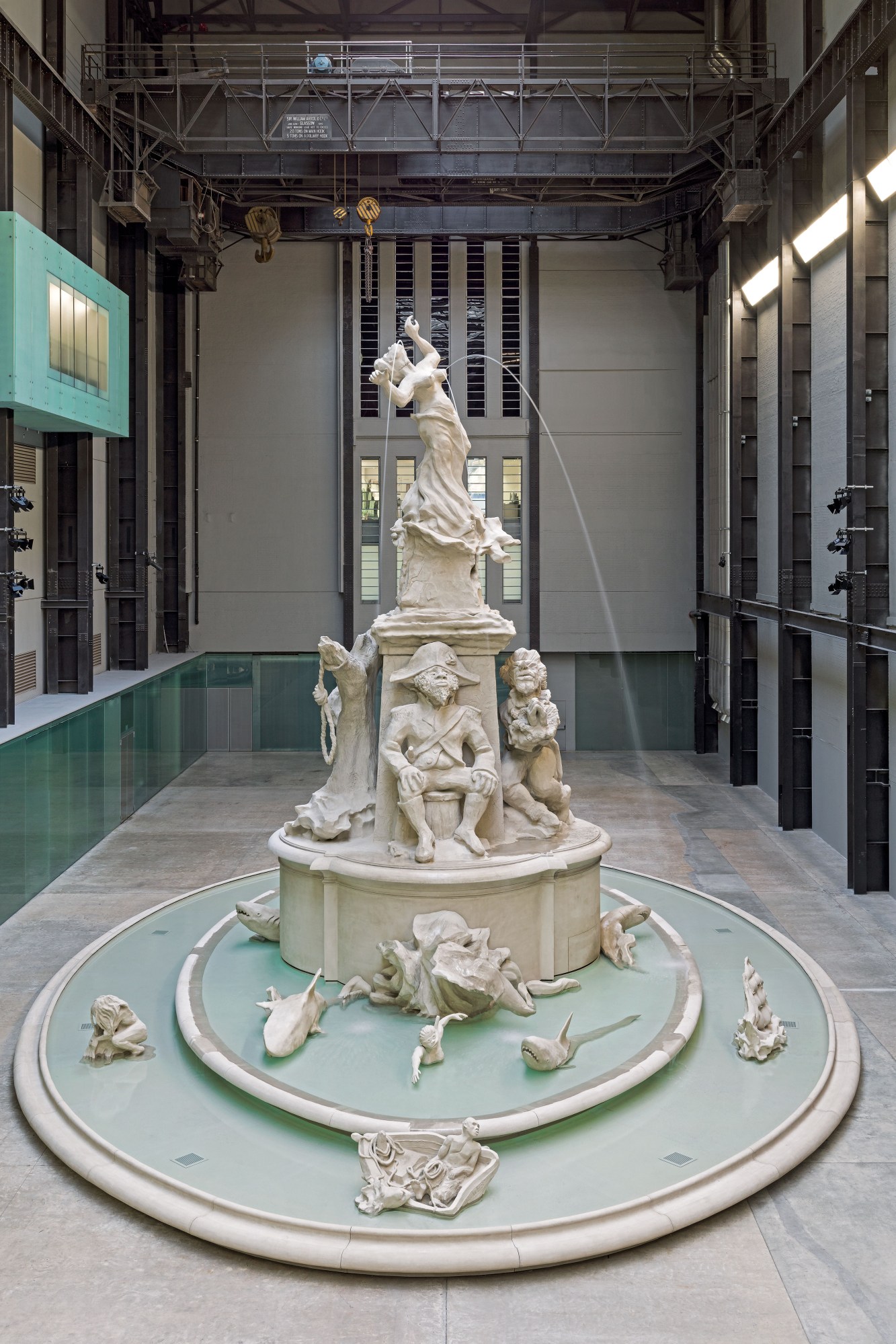
Interdisciplinary American artist Kara Walker is also among those featured in the book. Though she is best known for “her room-sized tableaux of black-and-white silhouette works that invoke themes of African American racial identity” as per her dedicated spread in The Art of Protest, Londoners will likely recognise her as the mind behind the Fons Americanus sculpture. The large-scale public installation, displayed in the Tate Modern between late 2019 and early 2020, functions as a kind of pastiche of Buckingham Palace’s Victoria Memorial. But, as the Tate’s website explains, “rather than a celebration of the British Empire, Walker’s fountain inverts the usual function of a memorial and questions narratives of power.”
Many of the works that appear in the The Art of Protest follow in this vein, rousing controversy along with empathy in their survey of contemporary global problems. According to the gestalten site, a primary aim of the publication is to understand how “artists have been engaging with political and social issues of all kinds and often raising alarms that are missed by politicians.” Let’s hope it now sends a message that can’t be ignored.
‘The Art of Protest’ is now available for purchase here.
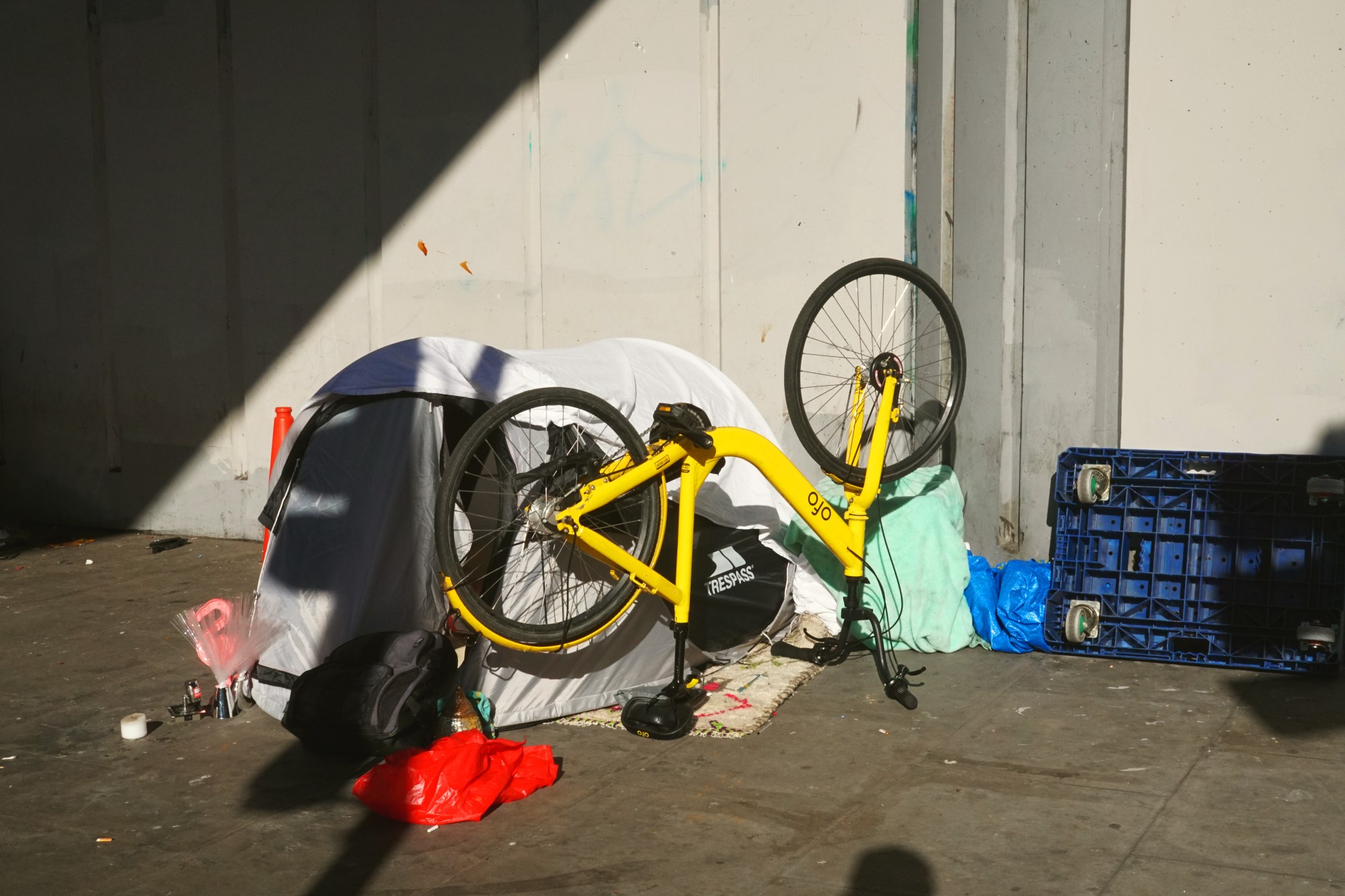
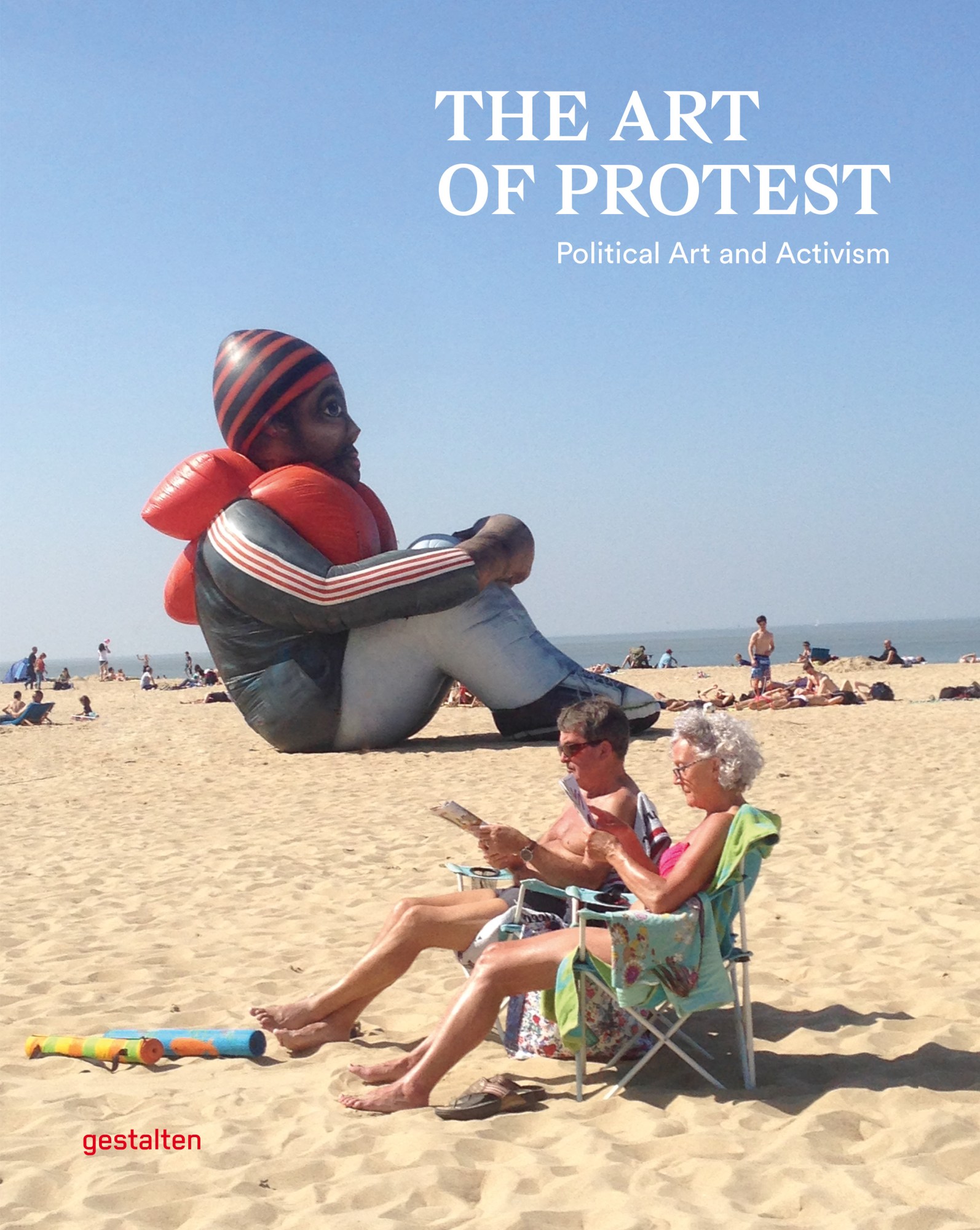
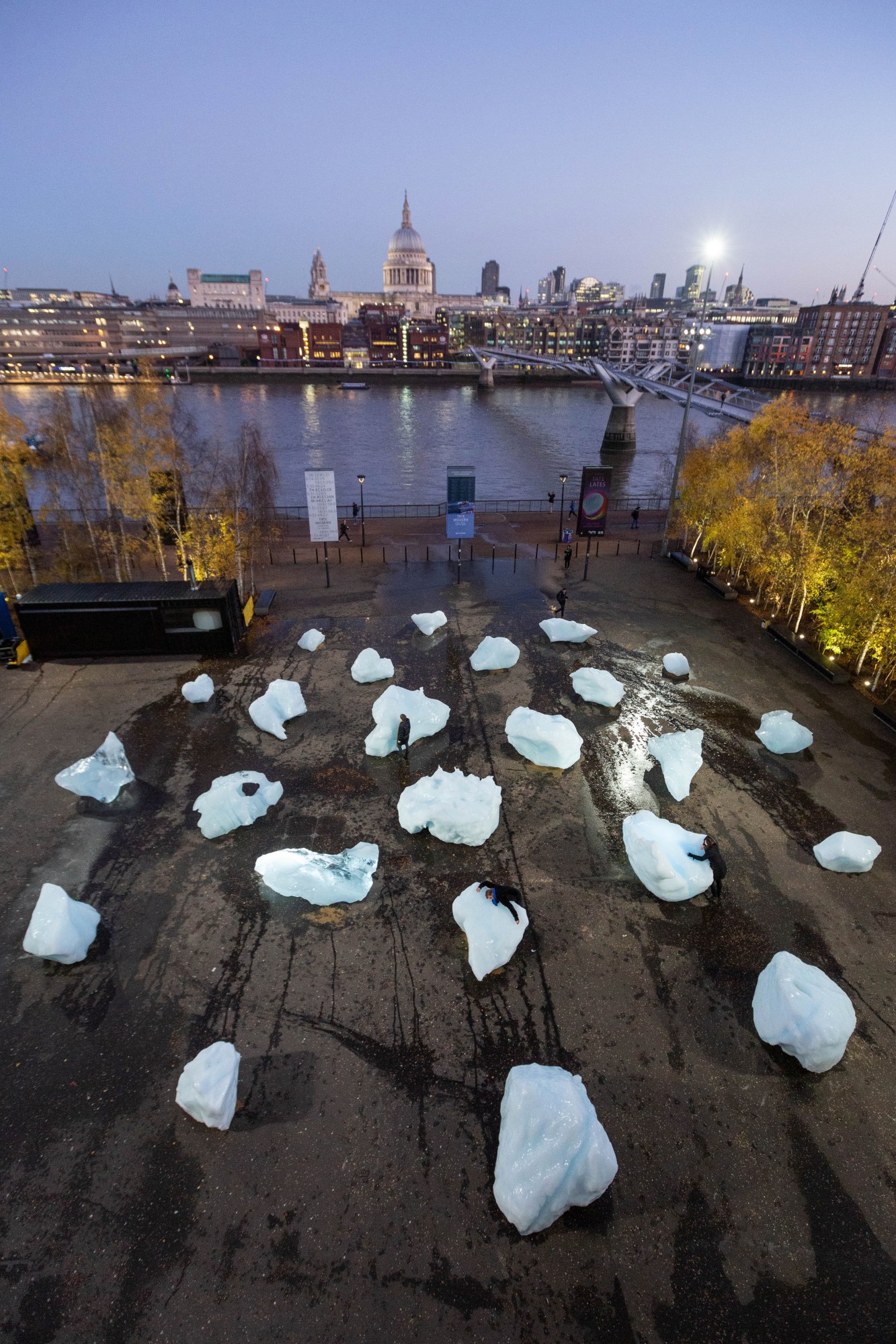
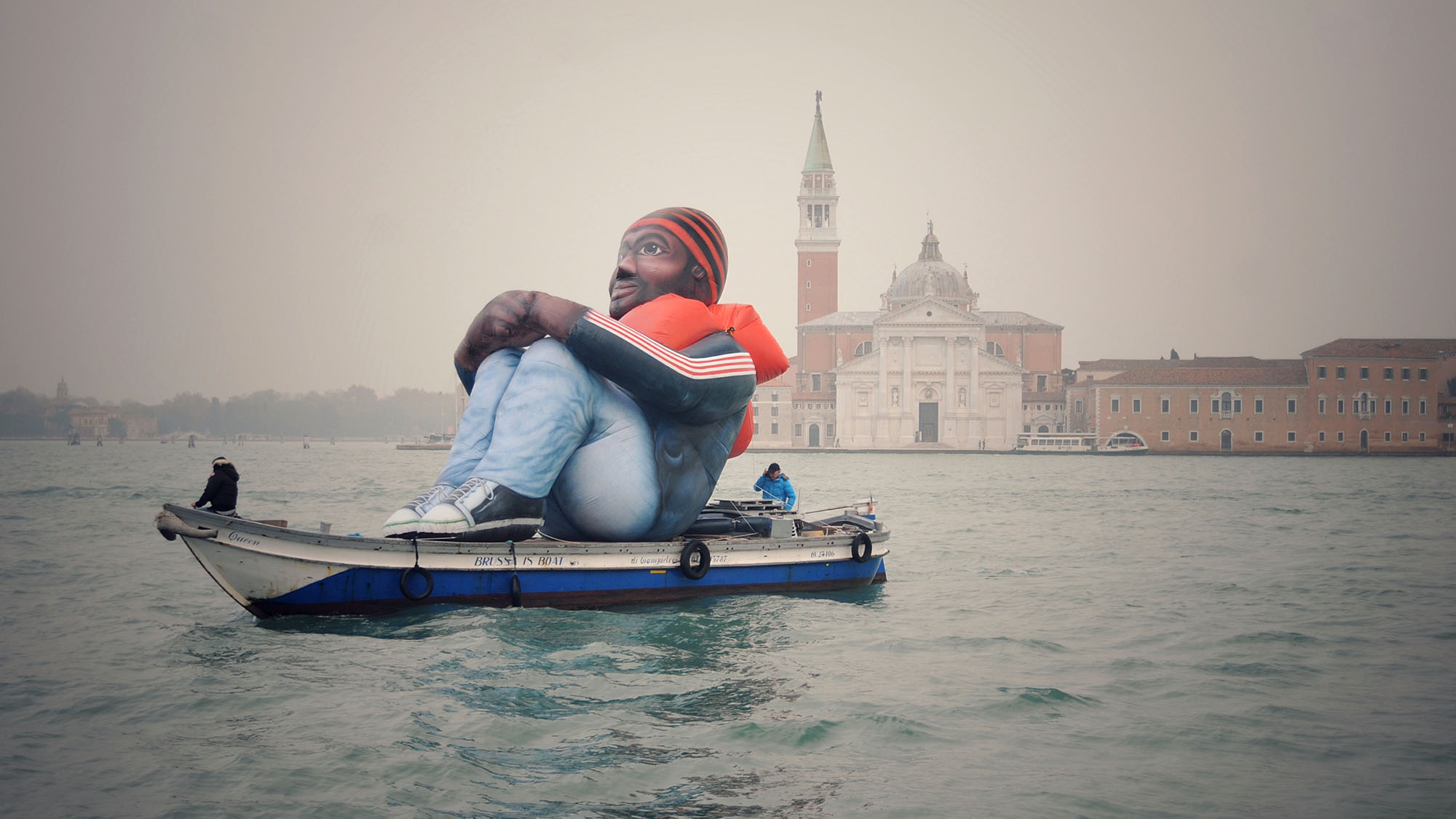
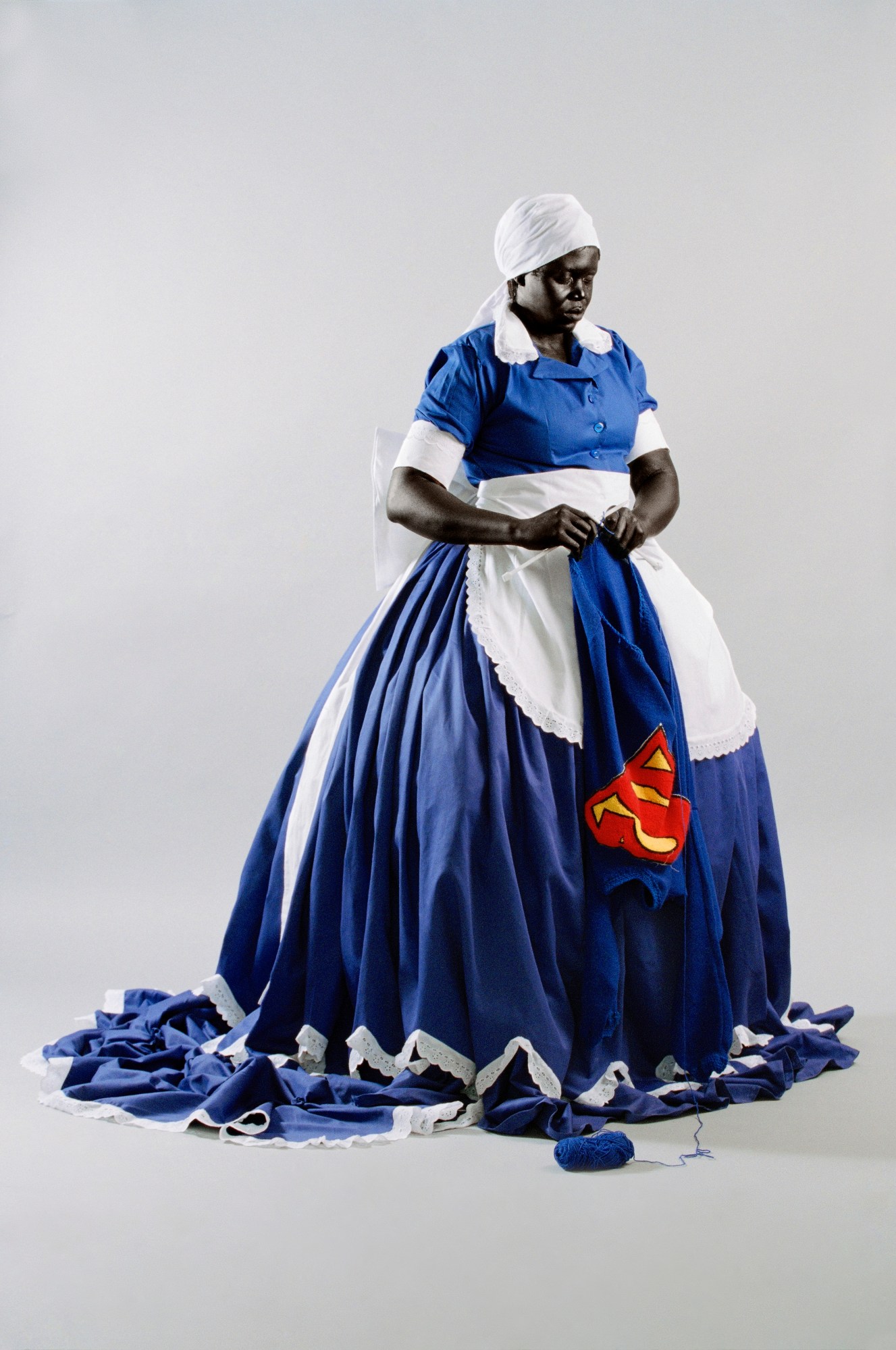
Follow i-D on Instagram and TikTok for more on art and protest.

